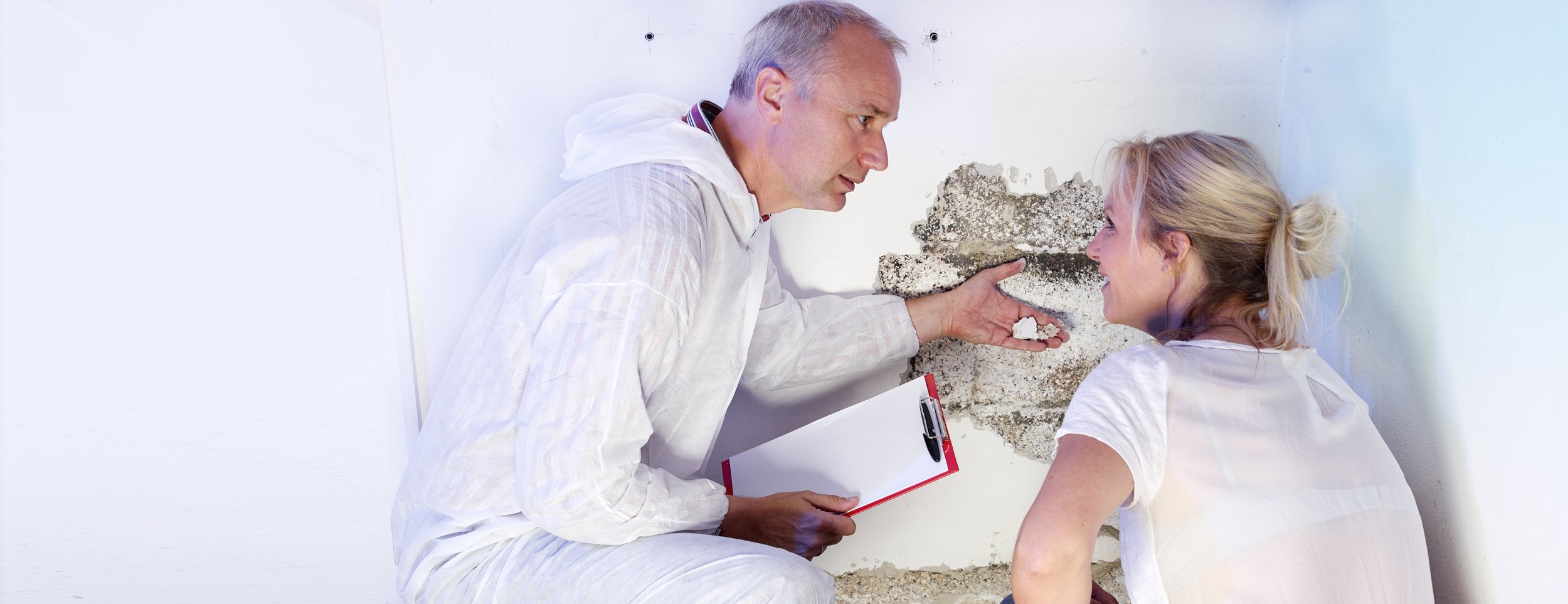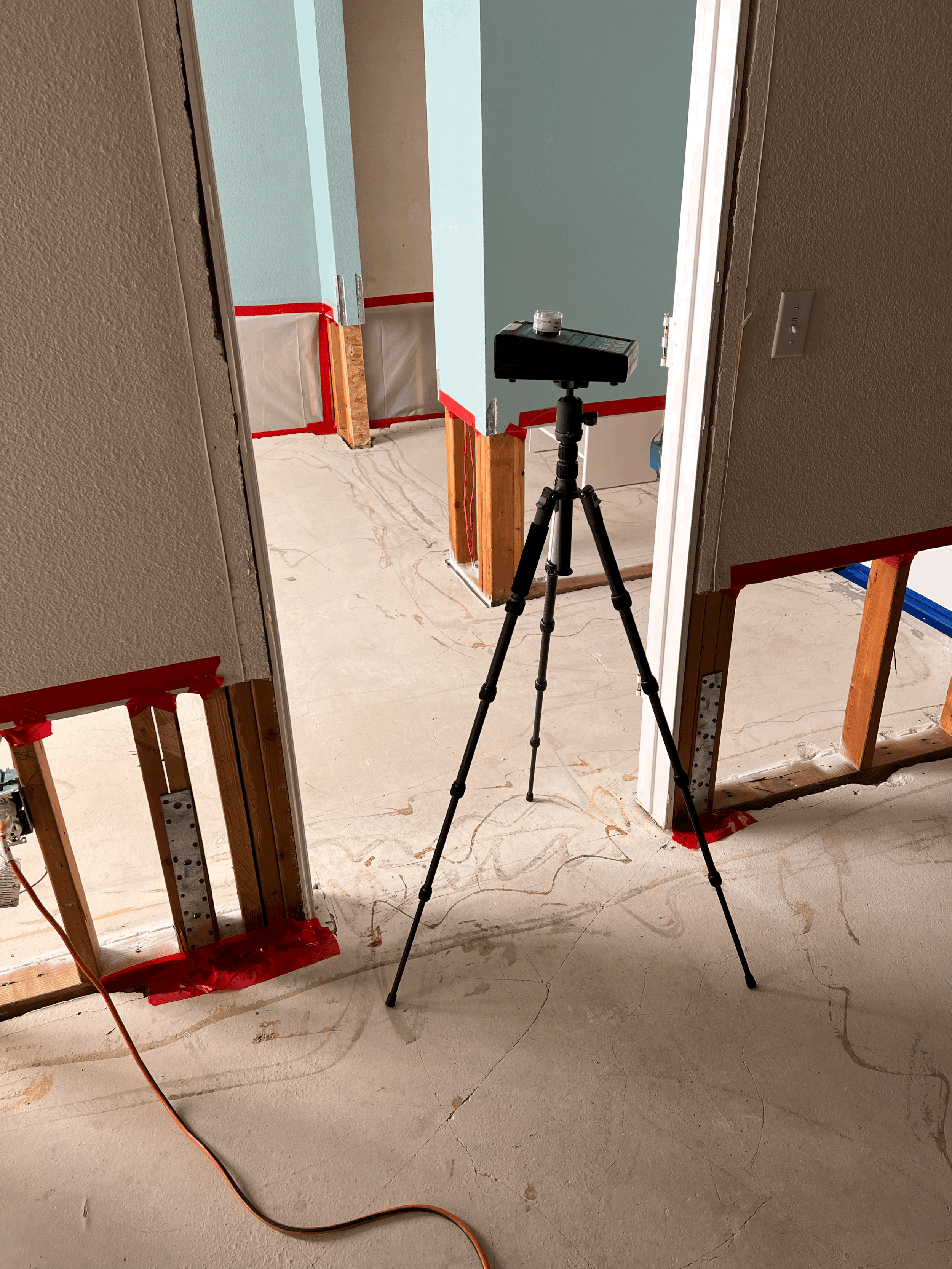Mold Testing – Understanding the Importance and Process
Welcome to our comprehensive guide on mold testing. In this article, we will explore the importance of mold testing and provide insights into the testing process. Whether you're a homeowner, property manager, or business owner, understanding mold testing is crucial for maintaining a healthy indoor environment.
Why is Mold Testing Important?
Mold is more than just a cosmetic issue; it can pose serious health risks and compromise the structural integrity of a building. Mold spores can trigger allergies, respiratory problems, and even contribute to the development of asthma. By conducting mold testing, you can identify and address mold issues before they escalate, protecting the well-being of occupants and preserving the property.
Types of Mold Testing:
Air Sampling: This method involves capturing air samples to measure the concentration of mold spores present. It helps determine if mold spore levels are within acceptable limits or if there is an elevated mold presence in the indoor air.
Surface Sampling: Surface sampling involves collecting samples from various surfaces, such as walls, floors, or furniture. It helps identify visible mold growth and provides insights into the type and extent of mold contamination on surfaces.
Bulk Sampling: Bulk sampling entails collecting samples of materials, such as drywall, insulation, or carpeting. It helps determine if mold is growing within the materials and provides valuable information for remediation efforts.
The Mold Testing Process:
Initial Assessment: A qualified mold inspector assesses the property, looking for signs of water damage, moisture sources, and visible mold growth. This step helps in determining the areas to focus on during testing.
Sample Collection: Based on the assessment, the inspector collects samples using appropriate methods, such as air sampling, surface sampling, or bulk sampling. Proper handling and labeling of samples are crucial to maintain accuracy.
Laboratory Analysis: The collected samples are sent to a certified laboratory for analysis. Experts analyze the samples to identify the types and concentration of mold present. The results are compiled into a comprehensive report.
Interpretation of Results: A professional mold inspector interprets the laboratory results, providing insights into the findings. They explain the significance of the mold types detected and offer recommendations for remediation if necessary.
Remediation and Prevention: If mold is identified, the inspector may provide guidance on effective remediation strategies. They may also suggest preventive measures to address the underlying moisture issues and minimize the chances of mold recurrence.
Conclusion:
Mold testing is a critical step in maintaining a healthy indoor environment and preventing potential health risks associated with mold exposure. By understanding the importance of mold testing and the testing process, you can make informed decisions about addressing mold issues in your property. Remember, it's always beneficial to engage the services of a qualified mold inspector who can conduct thorough testing and provide expert guidance.
QIC Environmental Services places a strong emphasis on work ethics, attention to detail, and a comprehensive understanding of environmental testing requirements across various industries. This commitment ensures that their customers receive top-quality service.
Choosing the right professional for environmental testing needs can indeed be a daunting task due to the multitude of options available. However, QIC Environmental Services alleviates this concern by employing qualified technicians who possess the necessary expertise and skills to handle projects of any size.
Whether the project is small or large, QIC Environmental Services is dedicated to providing comprehensive solutions tailored to meet the specific needs of their clients. Their qualified technicians are well-prepared to handle diverse environmental testing requirements and deliver reliable results.
By offering their expertise and a well-rounded understanding of the industry, QIC Environmental Services aims to be the trusted partner for customers seeking environmental testing services.




